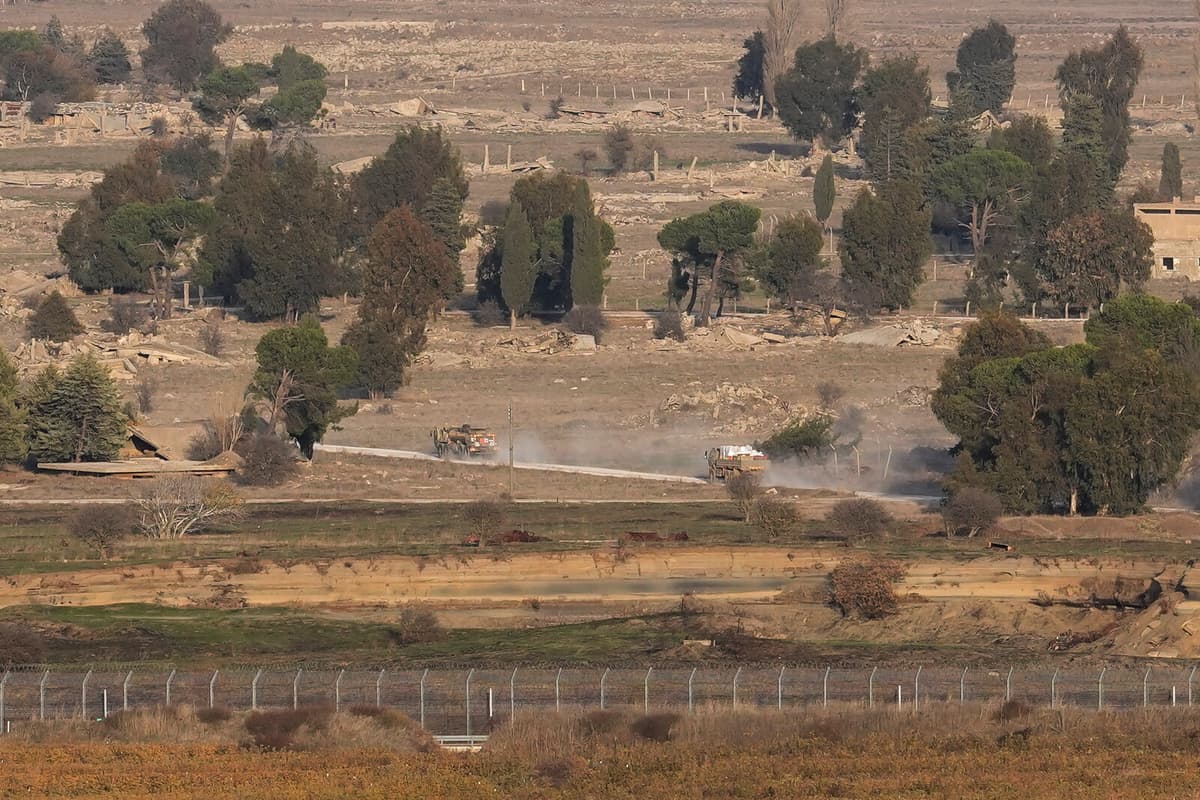Syria reluctantly joined the Chemical Weapons Convention in 2013, and it was then revealed that the country had a large-scale program of chemical weapons for strategic purposes. There were weapon systems for large-scale operations over longer distances, such as ballistic rockets and aerial bombs. According to the convention, Syria was required to destroy the weapons.
We believe that some capability has still survived and been preserved in recent years, says Magnus Normark, an analyst at the Total Defence Research Institute, FOI.
The Syrian regime, led by President Bashar al-Assad, fell over the weekend after a rebel offensive led by the Hayat Tahrir al-Sham (HTS) movement. The country's defense forces have also collapsed.
Question marks remain
HTS has promised to handle the remnants of the previous regime's chemical weapons program responsibly.
It remains to be seen how that will turn out, says Normark.
It's reasonable to assume that the rebel groups will have at least physical control over these weapons facilities in one way or another.
What this will entail in concrete terms is still unclear, as there are still many question marks surrounding how the new government will be structured.
According to Magnus Normark, it is likely that Syria will get a fragmented government, where different militia groups have control over different parts of the country. Then it could play a major role which group gets control over areas where weapons facilities are located. Among the rebels is the terrorist group IS, which has previously shown great interest in chemical weapons.
Israel claims to have attacked
What I would be most concerned about is if IS takes the opportunity to control larger areas. Right now, they don't have much influence, but they can very well exploit the vacuum that will arise in many places to take greater control.
The areas where IS has the greatest presence are in the northeastern parts of Syria, and it is more in the western parts that the weapons facilities are located. Therefore, it looks difficult for IS to gain control over areas with potential weapons.
Israel claims to have attacked sites in Syria where suspected chemical weapons are located. If the country were to succeed in hitting weapons facilities, it is difficult to know what impact it would have, among other things because many are believed to be protected underground.
I would think that the risk is quite small that this type of attack from Israel on the facilities could result in the spread of chemical warfare agents.
Chemical weapons contain chemical substances that harm or kill through poisoning.
The substance used can have been developed specifically for the purpose, but it can also be a medicine or an industrial chemical.
They are defined as weapons of mass destruction, and it is a violation of international law to use them.
Source: FOI






